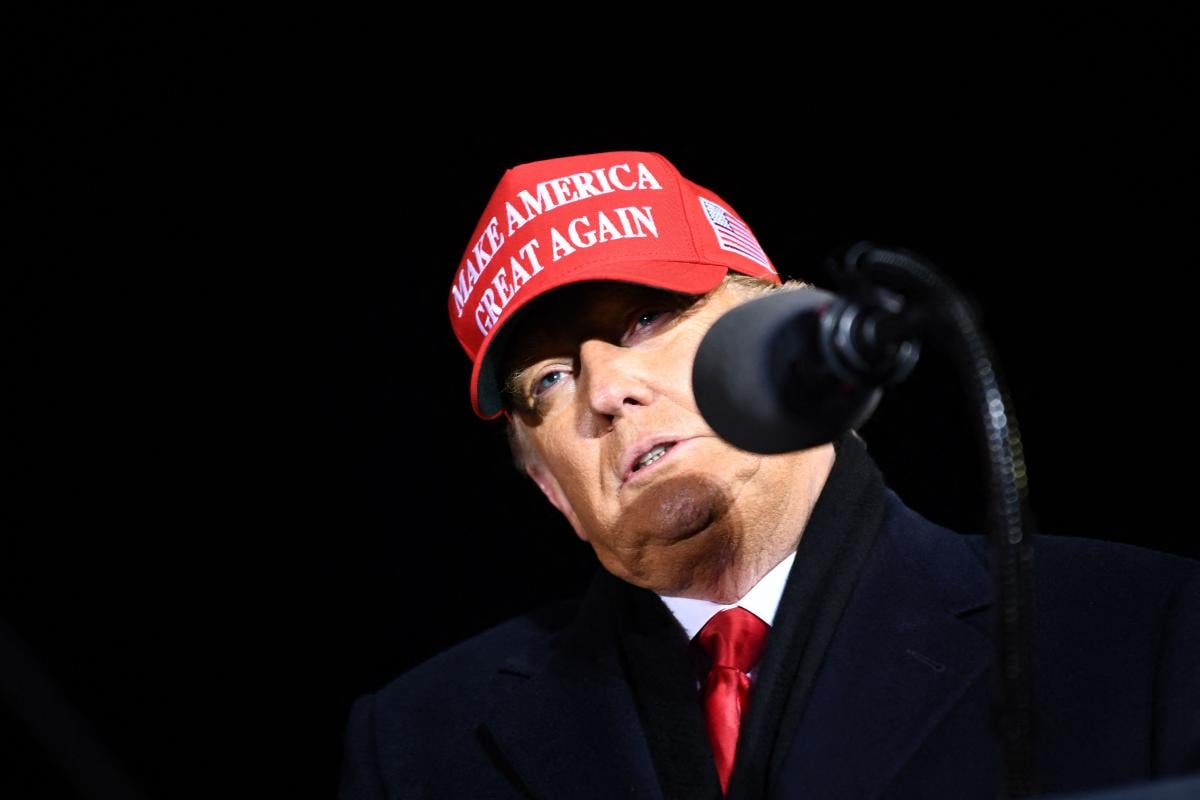
The results of the survey indicate a significant decline in the number of Ukrainians who believe in the possibility of victory over the Russian invasion. These results were released prior to the inauguration of U.S. President Donald Trump. It is unlikely that he will be able to open the door to peace negotiations regarding Ukraine, as noted by Bloomberg columnist Mark Champion.
For Kyiv, the year 2024 has become a serious test due to the collapse of the effective strategy employed in the initial phase of the war: the unification of motivated Ukrainian troops with modern Western arsenals.
"Can Donald Trump, who has just taken office as President of the United States and has already achieved a ceasefire in Gaza, open the door to a peaceful resolution in Ukraine? Obviously not - at least not on the terms that the Kremlin is willing to consider today. Such a scenario would be closer to capitulation than to the peace that Ukrainians desire," Champion writes.
In his opinion, Trump has a chance to influence events, but only if he strengthens Ukraine's position to convince Putin of the inevitability of losses if he does not agree to a genuine settlement. However, if Trump's administration's support for Ukraine is insufficient, Putin will have even fewer incentives to compromise.
The essence of the "strong hand" strategy is that Ukraine must be able to deter Russia by inflicting significant losses, halting its ground offensive, and being confident in the support of its allies. If Trump desires quick results, the threats must be even more serious.
Trump's foreign policy team is already adjusting expectations regarding a peaceful settlement: from promises of 24-hour peace after the inauguration to a timeframe of 100 days or longer. However, the main strategy remains the easing of oil sanctions, which is expected to motivate Putin toward constructive dialogue. Yet, such a tactic appears overly naive unless supported by substantial leverage, the analyst notes.
At the beginning of the war, the synergy between the Ukrainian army and Western weaponry allowed Kyiv to successfully resist a significantly more powerful enemy. However, after the failed counteroffensive in the summer of 2023, this mechanism began to falter. The delay in Congress allocating $60 billion in aid only exacerbated the situation. The shortage of resources and manpower deepens the crisis.
As noted by Oleksandr Danilyuk, a former advisor to the Ukrainian defense forces, there is a growing perception among potential recruits that military service is a "one-way ticket." This reduces motivation, especially against the backdrop of rising casualties and limited resources for conducting the war. At the same time, sending poorly equipped recruits to the front appears to be a risk for a future that offers illusory rewards.
However, by 2025, this situation can still change. Ukraine has significantly increased its weapon production capabilities. Although the prospects on the battlefield remain challenging, Ukraine retains the ability to inflict damage on Russia. Furthermore, Kyiv has achieved success in drone and missile warfare, effectively destroying strategically important targets on enemy territory.
In these circumstances, calls from the Trump administration, such as lowering the draft age to 18 to demonstrate "commitment to democracy," appear not only tactless but also disconnected from reality. Champion points out that Ukraine has already made enormous sacrifices, and its weakness lies not in a lack of will but in insufficient resources.
Having sufficiently equipped soldiers will allow Ukraine to strengthen its position and eventually compel the Kremlin to engage in genuine peace negotiations. The analyst noted that in the long term, this would benefit all parties involved in the conflict. But by the time this becomes clear to everyone, Putin and Trump will likely have already exited the stage of history.
Trump's Promises Regarding Ukraine
As reported by UNIAN, President-elect Donald Trump once again publicly promised to end the war in Ukraine and stated that he would contact Russian dictator Putin immediately after taking office.
Additionally, sources from the publication added, "Trump instructed his aides to call Putin right after the inauguration to discuss their meeting in the coming months to end the war in Ukraine."